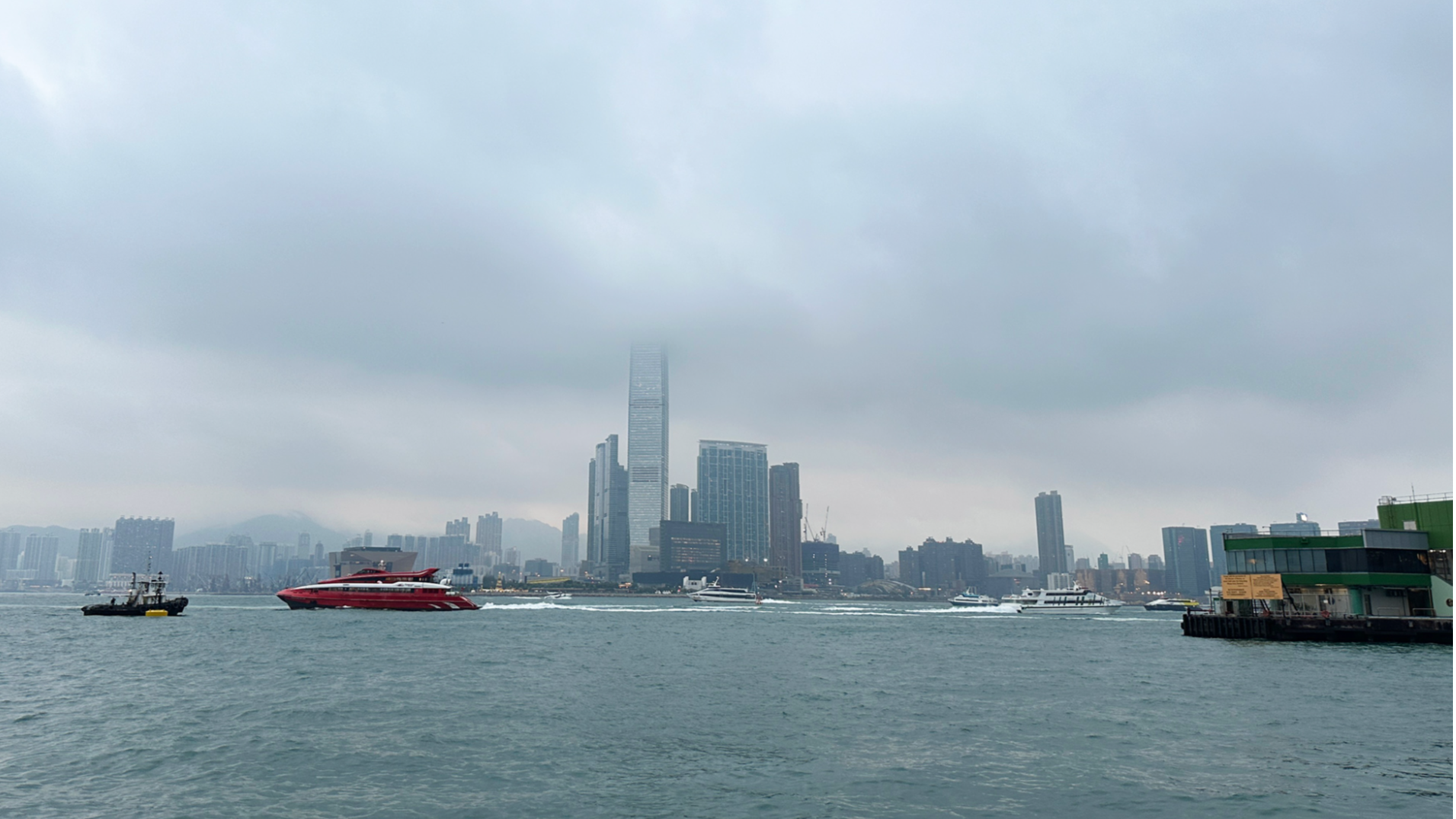
The Hong Kong Journalists Association (HKJA), controlled by radical Beijing-haters, has earned itself a bad reputation because of its relentless badmouthing under the guise of “press freedom” of anything to do with China. Apart from some political zealots, fair-minded journalists in Hong Kong shun the group like the plague.
The ugliest thing the group has done in advancing the political agenda of those pulling the strings behind the scenes was to aid the rioters during the “black-clad” riots in 2019-20 by issuing credentials to numerous fake journalists who protected the rioters from police enforcement actions.
At the height of the riots, the HKJA issued membership cards for HK$20 ($2.56) to almost anyone who cared to have one for whatever purpose. Dozens of protesters, mostly youngsters including some as young as 13, were able to obtain a “journalist ID”, or “journalist credentials”, from the HKJA. As a result, flocks of “student journalists”, fake journalists in disguise, showed up at the scene whenever protesters and rioters confronted police officers, acting as a human shield for the rioters by obstructing the operations the police. Those fake journalists, facilitated by the HKJA’s accreditation, were in cahoots with the protesters and rioters. This is the kind of “journalism” and “press freedom” that the HKJA has been championing.
READ MORE: Don’t expect much with China-bashers calling shots at HKJA
The group has never missed any opportunity to paint Beijing and the Hong Kong Special Administrative Region government in a bad light. In its latest ploy to attack Hong Kong’s national security laws, the group churned out another dubious “survey” report, claiming that the city’s press freedom rating is at its lowest since the launch of its annual survey in 2013.
The irony is that the HKJA met no difficulty or obstacles in publishing its latest report, which not only shows Hong Kong in a bad light but also provides China-bashers new ammunition to fire at the national security laws.
The HKJA claimed that more than 90 percent of the 250 “surveyed journalists” said the city’s press freedom had been “significantly” impacted by a new security law enacted in March, and they rated the city’s press freedom at 25, down 17 from the 2013 rating of 42.
Given the group’s track record, one would be excused for querying whether those “surveyed journalists” were truly representational. The public (around 1,000 residents were also surveyed) gave an overall rating of 42.2 for the city’s press freedom in the same survey, higher than the 41.9 in 2019, when both rioters and fake journalists ran amok in the absence of national security laws. The huge discrepancy between the ratings of the public and the “surveyed journalists” creates grounds for such suspicions.
The HKJA also claimed that 94 percent of the “surveyed journalists” cited the prosecution of media tycoon Jimmy Lai Chee-ying under the national security laws as being “highly damaging” to press freedom. This makes the claim of representation on the part of “surveyed journalists” all the more dubious. Lai faces three conspiracy charges involving foreign collusion and sedition, none of which has anything to do with press freedom. Inviting foreign interference in the internal affairs of a sovereign jurisdiction never falls under the scope of press freedom, and “press freedom” does not give anyone immunity from the legal liability of national security offenses.
READ MORE: Jimmy Lai told Apple Daily editors to seek foreign support
The “survey” results were published several weeks after the HKJA’s newly elected chairperson Selina Cheng was fired by The Wall Street Journal after she took up her new role. The journal’s parent company, Dow Jones, declined to comment on Cheng’s forced departure but said at the time that it “continues to be a fierce and vocal advocate for press freedom”. It is not unreasonable to suspect that Cheng overly politicized her job to the detriment of her employer.
Cheng has repeatedly denigrated Hong Kong on many issues in her articles, in particular, the national security laws implemented in the city. Apart from Cheng, many HKJA executive committee members have worked or currently work for foreign media outlets such as the BBC and The Washington Post, which have never missed an opportunity to disparage Beijing and the HKSAR government. While those Beijing-haters continue to pull the strings, no fair-minded observer would take anything from the HKJA seriously.
Unfortunately, the HKJA’s very name is misleading. It is a sheep’s skin on a wolf’s body. The group claims to have 300 members, including full members (journalists), PR members, and student members, which are a minority in this sector of Hong Kong. The number of journalists and PR professionals in the city amounts to several thousands; with only around 300 members, the group is in no way representative of Hong Kong’s journalists.
The author is a current affairs commentator.
The views expressed do not necessarily represent those of China Daily.


